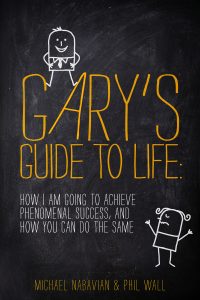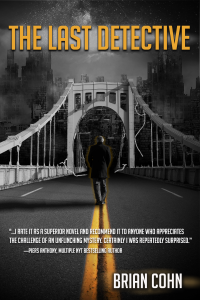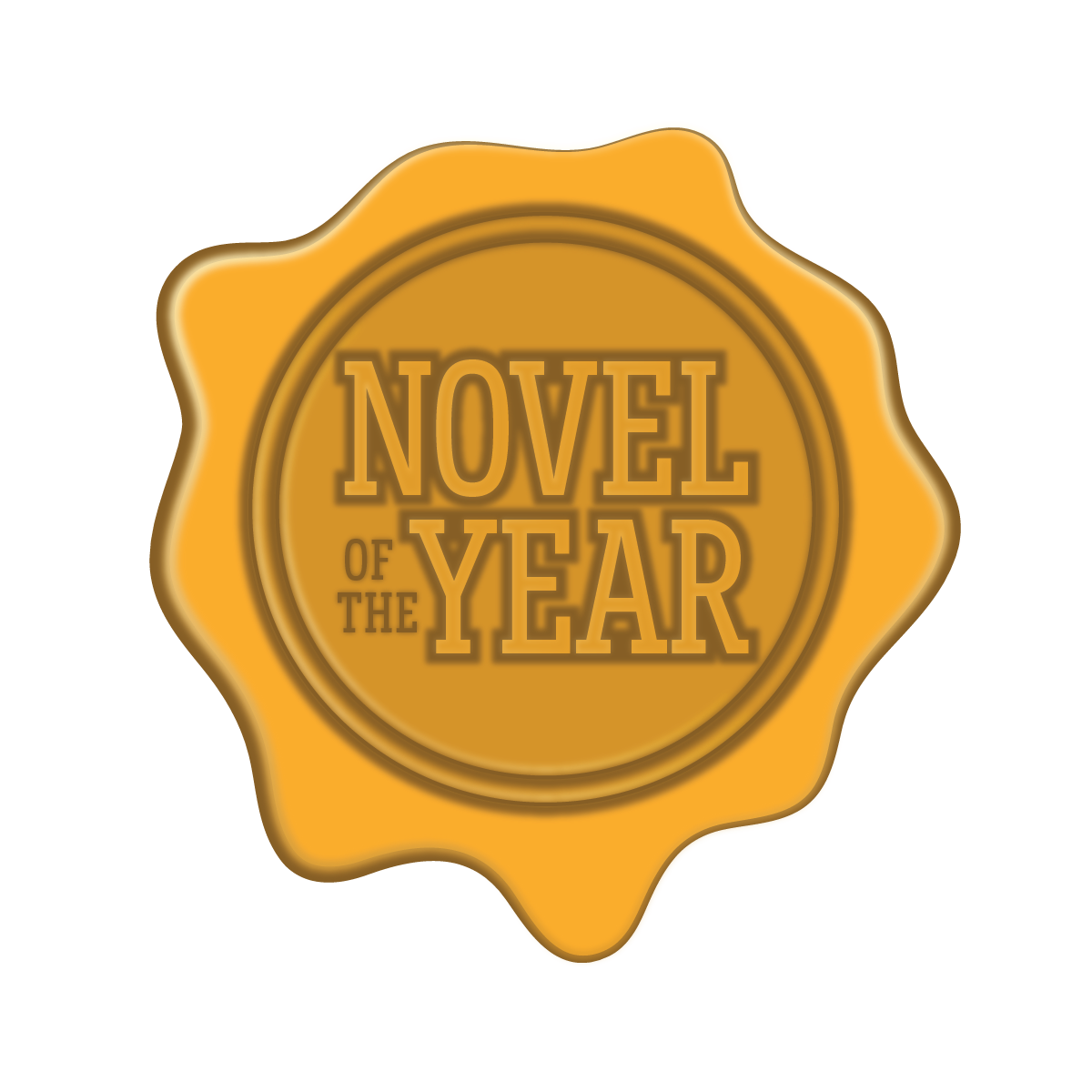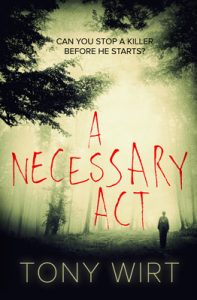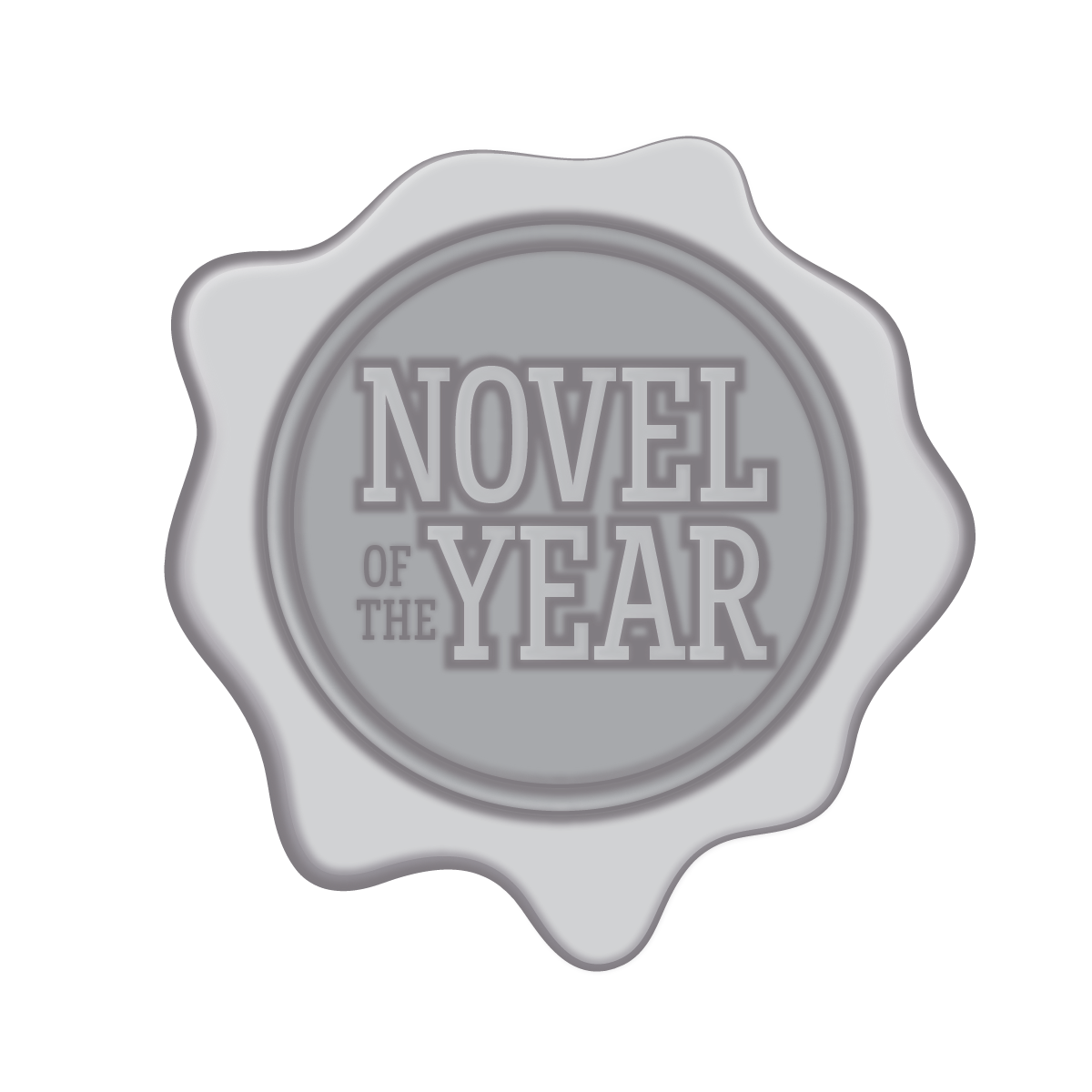The Rundown
The Recommendation
The Rating
The Links
The Reviewer
Renee Miller
Visit Renee Miller‘s website.Social media is hard. So is marketing. Using the former to do the latter is like jumping into a rabbit hole for some of us. We want readers to see us as professionals, but we also want to be accessible. Cool even. We want publishers to be impressed by us too. All it takes is a single misstep and we’ve alienated both. Problem is, we don’t usually know what’s a misstep and what’s not. Well, I’m here to help. In another informal survey on social media, I asked readers, writers and publishers, “what's something you see authors do/say that really annoys/angers you?” Now, some of the things I list are direct quotes. I didn’t attribute the source of the quote, because I think we should assume that the source is important, regardless of whether it’s a reader, another writer, or a publisher. If you must know, you can check out my Twitter feed to learn who said what.
So, let’s dive in:
- Playing the blame game when a story is rejected instead of just moving on. When you get rejected, by a publisher or a reader, don’t criticize them. Don’t blame them. Don’t give into the temptation to make excuses. Just move on. One of the best pieces of advice I’ve ever been given, and now I pass it along to you.
- Posting word counts on social media. At all. Ever. In any form or for any reason. This annoys me as well, but not to the point of anger. It’s fine to post a stellar wordcount, because hey, we’ve gotta celebrate the small stuff, right? Of course, we do. However, there are writers who post word counts every single day. Sometimes more than once a day. Look, a daily goal is great, but it starts to become nothing more than chatter. Readers tune it out, because they’re just not interested after a while. This isn’t necessarily a “wrong move,” but it’s worth keeping in mind. More than one person is annoyed by this, and no, they’re not all writers.
- Pretending that writing is a mystical or magical process, or that your characters "speak to you." Writing is work. If you work hard, you can write well. No magic required.
And if you're hearing voices, please get help. That's not a good sign unless you're psychic.
- Writers who believe that they can be great writers simply by reading a lot, “learn to write via reading osmosis.” We know that writing isn’t something you can master “by osmosis,” right? Apparently, not all of us are aware of this reality. Read, write, read some more, learn, improve… you know the drill. It’s not as simple as being able to recognize good writing. It’s a craft, which means there are nuances to good writing, skills required that you can’t learn just by “being around it.”
- “I fucking hate aimless back-patting and circle-jerk reviews between writer buddies. It emboldens inexperienced and shitty writers and then they never shut up.” Enough said, right? I agree.
- Twitter clickbait. What the heck is that? Well, clickbaiting, when we’re talking about authors and/or books, is intentionally over-promising or misrepresenting what you’ll find when you click a particular link (or buy a particular book). It’s used to generate page views (of a blog, for example) or to bump up book sales. Something like, “Read this book, the second in the bestselling series about monkeys by this author you’ve never heard of before” is clickbaiting unless you’re actually a bestseller according to the industry’s definition. No, being number one on Amazon for this genre or that for a day, because you put the book on sale or offered it free isn’t bestselling. Tagging your book as a bestseller when it’s not technically true is something readers really hate, so just resist the urge to do that.
Yes, we’ve gotta be smart and savvy when it comes to advertising our books, but let’s not be dishonest. Nothing wrong with just saying, “Hey, check out this thing I wrote,” or something like that.
- “Look at my two-sentence review on some blog, where I know the reviewer did not actually read the book b/c I summed it up for them.” – Ah, the good old paid review, be it paid for with money or favors, readers see through this, especially if they buy the book and realise the review says nothing at all about the book, or it misrepresents what you read after buying it. Gone are the days when quantity of reviews matters more than quality. Readers don’t even look at numbers anymore, they look at what the reviews say. Glowing, two-sentence reviews that say the same thing as the ten before them basically negates all of those reviews in a reader’s mind. However, two or three honest, critical reviews say a lot, and even if they’re not blowing rainbows up your ass, those reviews are more likely to tempt a reader into buying your book.
- “Buy the 4 books I wrote this year! Because quality < quantity.” I don’t think I need to explain this. I write a lot, and I have a lot of books published, but usually, the books/stories published are projects I completed at least a year prior to publication. I don’t literally write and then publish immediately after finishing, because this person is correct: Quantity isn’t greater than quality. Success isn’t in the number of books you’ve got available on Amazon or wherever. Success is actually selling them and getting rave reviews (real ones) because the quality is your primary concern.
So, that’s just a small taste of how you can misstep on social media while trying to market yourself and your books. If you’ve got a marketing/social media faux pas that drives you mad, please share it with us, so we can all learn and avoid those potholes that might lose us a reader or twenty.


